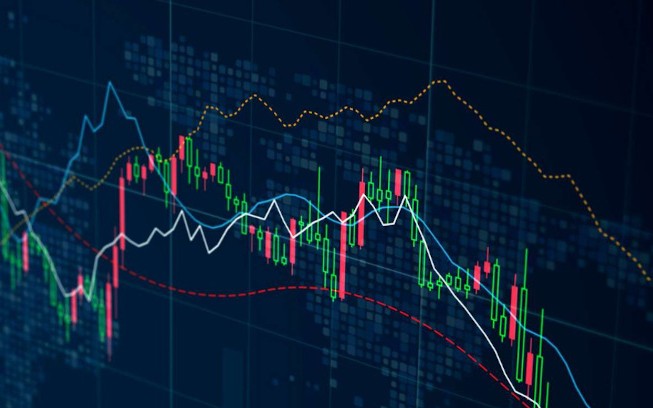
Getting started in Forex trading might seem daunting, but with the right approach and knowledge, you can successfully navigate this dynamic market. Today, we will explore how to do Forex trading and the essential steps you need to follow to become a proficient trader. If you are interested in learning more, check out how do you do forex trading webglobaltrading.com for more resources.
Understanding Forex Trading
Forex, or foreign exchange, is the process of exchanging one currency for another, and it is the largest financial market in the world. Here’s a quick overview of what you need to know:
- Market Size: The Forex market operates 24 hours a day, five days a week, with an average daily trading volume exceeding $6 trillion.
- Currency Pairs: In Forex, currencies are traded in pairs (e.g., EUR/USD), where the value of one currency is compared to another.
- Leverage: Forex trading often involves leveraging your capital, allowing you to control larger positions than your initial investment.
Steps to Start Trading Forex
1. Choose a Reliable Broker: To start trading Forex, you need to open an account with a reputable broker. Look for one that offers competitive spreads, a user-friendly platform, and strong customer support.
2. Educate Yourself: Knowledge is power in Forex trading. Start with the basics, such as understanding currency pairs, types of orders, and technical analysis. You can find plenty of resources, including books, online courses, and forums.
3. Create a Trading Plan: A solid trading plan outlines your goals, risk tolerance, entry/exit strategies, and money management rules. Stick to your plan to avoid emotional trading.
4. Practice with a Demo Account: Before committing real money, practice trading on a demo account. This simulates real market conditions without risking your capital.
5. Start Small: When you’re ready to trade with real money, start with a small amount. This allows you to gain experience and build confidence without exposing yourself to substantial risk.
Analyzing the Forex Market

Understanding market analysis is crucial for succeeding in Forex trading. There are two primary types of analysis:
- Fundamental Analysis: This approach involves analyzing economic indicators, interest rates, and geopolitical events that can affect currency values.
- Technical Analysis: Traders use charts and technical indicators to study price movements and identify trends. Common tools include moving averages, RSI, and MACD.
Implementing Risk Management
Risk management is a critical component of Forex trading. Here are some strategies to help protect your capital:
- Set Stop-Loss Orders: Placing stop-loss orders limits your potential losses by automatically closing a trade at a specified price.
- Use Proper Position Sizing: Determine how much of your capital you are willing to risk on each trade. A common rule is to risk no more than 1-2% of your account on a single trade.
- Diversify Your Trades: Avoid putting all your capital into one trade or currency pair. Diversification can help spread risk across different assets.
Developing Trading Strategies
There are several trading strategies that can be employed in Forex:
- Scalping: This strategy involves making numerous trades throughout the day for small profits. Scalpers aim to capitalize on minor price movements.
- Day Trading: Day traders buy and sell currency pairs within the same trading day, closing all positions before the market closes.
- Swing Trading: This medium-term strategy involves holding onto trades for several days or weeks, capitalizing on price swings in the market.
- Position Trading: Long-term traders who believe in the fundamental strength of a currency may hold their positions for months or even years.
Evaluating Your Performance
To improve your trading skills, regularly evaluating your performance is essential. Keep a trading journal detailing your trades, including the reasoning behind each decision, the outcomes, and lessons learned. Over time, this practice will help you identify strengths and weaknesses in your trading approach.
Staying Informed
The Forex market is influenced by a myriad of factors, so staying informed about global economic news is vital. Subscribe to financial news outlets, follow economic calendars, and participate in trading communities to stay updated on market trends.
Final Thoughts
Forex trading can be a profitable venture if approached with education, discipline, and an effective strategy. By understanding the market, developing a solid plan, managing risks, and continually learning, you can greatly enhance your chances of success. Remember, practicing patience and persistence is key—success in Forex doesn’t happen overnight, but with diligence and a commitment to improvement, you can become a skilled trader.





